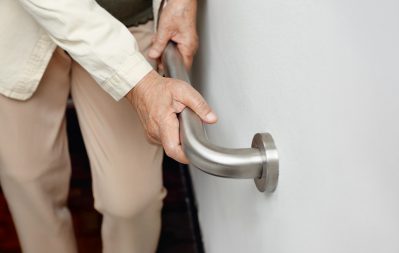AdventHealth in Tampa Bay, FL, successfully reduced patient falls by 80% through predictive modeling, enhanced education, and a strong culture of continuous improvement and zero harm. The risk manager says other hospitals can learn from the experience and implement strategies to seek the same results.
Article Limit Reached
You have reached your article limit for the month. Subscribe now to access this article plus other member-only content.
- Award-winning Medical Content
- Latest Advances & Development in Medicine
- Unbiased Content

